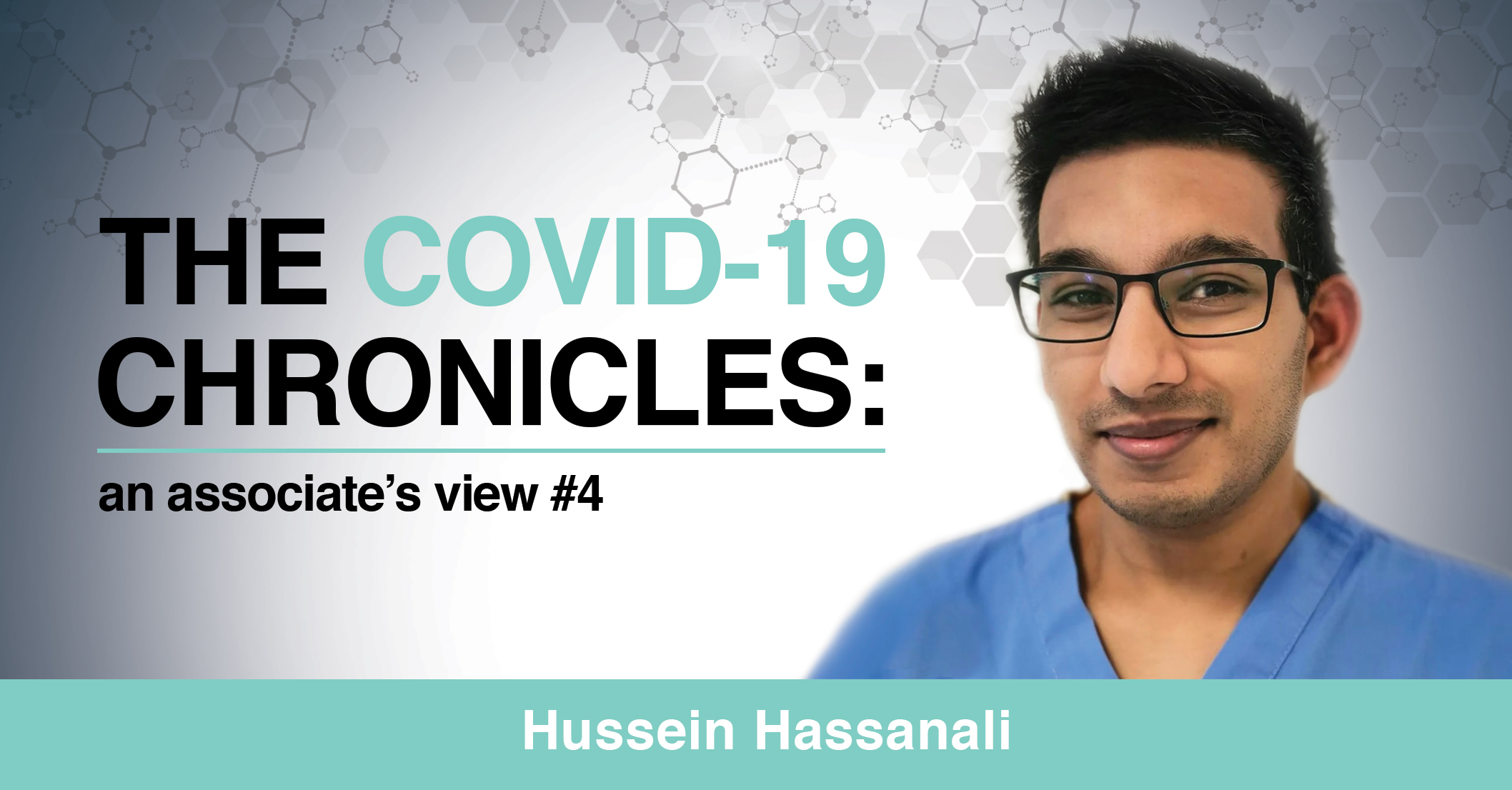Diplomacy is a fine balancing act of appeasement. To implement change and bring about political shifts in thinking takes time. The changes our profession needs cannot happen overnight.
Except on this occasion, something really did give. Whether it be the inadequacy of the performance-based UDA system, the authoritarian instructions from plenty of acronyms, slow or lack of patient care provisions, getting ignored by elected ministry or a combination of these things.
The BDA have tried to represent us best as they can. It can’t be easy. Perhaps they would be able to do more with greater participation and enrolment. The last few weeks have shown how much we have achieved with strength in numbers. Long may that continue.
At our last LDC meeting, only 10% of eligible dentists attended. Give them your support for an evening or two a year while catching up with colleagues. The LDC are your local political voice. Add your voice to theirs; make it loud enough for those that need to hear it to take notice.
Dentistry has long been considered medicine’s irrelevant sibling. Although research continues to show the two are ever more intertwined, in both mental and physical ails. A pay to access service with tendered contracts, more like a reverse auction masking tax collection where nobody wins.
Oral hygiene instruction and periodontology are some of the first lessons at dental school. We learn that the most common dental diseases are preventable from the get go. This has to be the focus of delivering dental health going forward.
More prevention = less treatment = less risk of complaints. A simple formula.
The rise in patient expectations (91% of NHS dentists feel unable to meet expectations, according to the Dentistry Confidence Monitor survey) offers no surprise at the corresponding rise in litigation. In many sectors, you have to go through local resolution before being allowed access to the ombudsman. Our patients can bypass this and go directly to the solicitors or regulators. The fear factor (90% of predominantly NHS dentists are anxious about the risk of complaints) of everything being ripped away from us by one honest mistake plus/minus one vexatious patient.
To add insult to injury, 86% of predominantly NHS dentists are anxious about meeting standards set by the GDC. It takes years to acquire the training and expertise for entry to specialist lists. Nonetheless, the knowledge and treatment skill of general dentists is expected to be near specialist standards from day one.
Unless we are judged by average benchmarks of peers, defensive dentistry looks here to stay. General dentists need specialist collaboration available in a timely manner. Complex treatments should be done by those appropriately trained, not general dentists feeling pressured into doing it when the computer says no.
The private sector is flourishing by filling the gaps left by NHS services that are too strained to provide. Unfortunately, stories of patients unable to afford private fees play like a record on repeat. Nothing beats your own tooth, but patients can feel cornered into making decisions that aren’t their preferred option or in their best interests.
Is the NHS missing out by losing Dentists with Special Interests (DWSI) and specialists to the private sector? Could NHS special interest contracts and/or multidisciplinary practices be created as secondary referral centres; hospitals promoted to tertiary services? Similar to how orthodontic services presently operate. Could this put complex treatments within reach for all?
Medics have two foundation years followed by three years specialist general practice training. Is formal GDP training an adoptable model to bring dentistry in line with medicine, albeit with less training years required? Including special interest training, especially if tiered contracts are to be mooted, would fully encourage general dentists to do complex treatments in a structured pathway.
Scepticism over the future is rife… the cynical young with decades to go till retirement, the old guard jaded from the profession’s demise. They’re glad to be getting out; away from the overbearing domination by watchdogs and patients.
The role is now so onerous that many dentists are struggling on a daily basis. One eye doing what we can in our four walls, the other constantly having to watch over our shoulder. The evident mental health crisis triggered from this assault on dentists from all angles, with 84% of predominantly NHS dentists feeling that their current role negatively impacts their mental health.
I know dentists that have emigrated to Australia or New Zealand with far more fulfilling careers. Challenging patients are seen as an opportunity, not a problem. Practising without trepidation in their no-blame culture akin to the airline industry. An enviable occupational lifestyle we could only dream of in our finger-pointing part of the world.
Dentistry is a fantastic job; delightfully rewarding when patients appreciate us for who we are and what we do. It’s sad knowing how many fledgling dentists get downbeat over their NHS careers shortly after stepping into it. Exit and back-up strategies have crossed my mind. Can dentistry and the NHS convince me there’s enough optimism and financial reward to stick with it?
About Hussein Hassanali
Hussein graduated from the University of Liverpool in 2009 and is an NHS Associate Dentist in York. He has a broad range of experience having worked in both NHS and private, and both corporate and independent practices. He is working towards completing his PG Diploma in Restorative Dentistry and has a keen interest in preventative and minimally invasive dentistry. To date he has over twenty publications to his name and continues to support the profession through his regular contributions, as well as being on the BDJ Reader Panel and an Editorial Advisory Board Member of Young Dentist Magazine.
